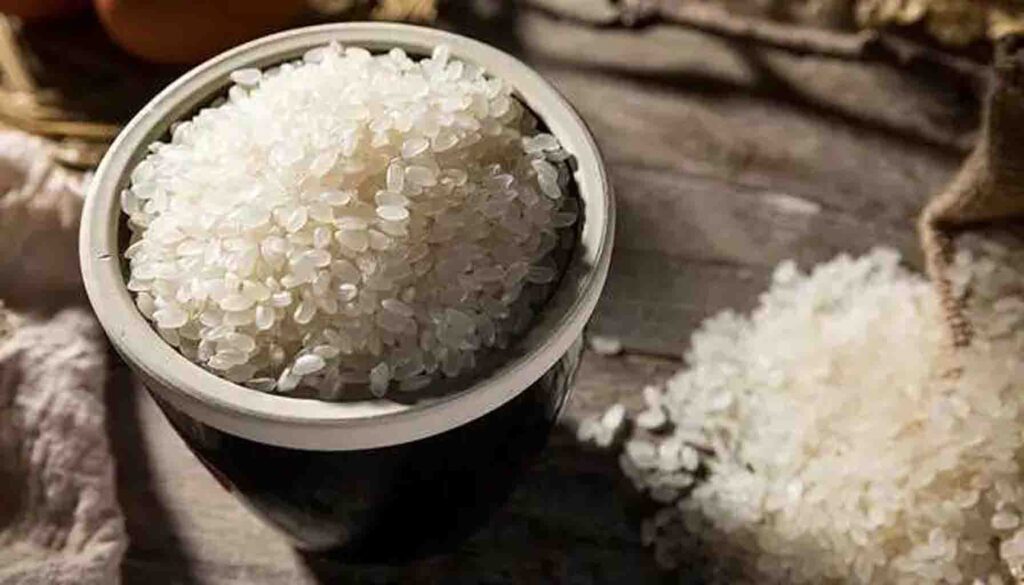Characteristics of Rice Protein Frequently Consumed and Its Nutritional Value
Discover the nutritional benefits of rice protein – a high-quality source with balanced amino acids. Explore rice protein’s unique advantages today!
Rice, a staple food for over half of the world’s population and two-thirds of China’s population, plays a crucial role in global dietary habits. As such, rice protein holds significance as a key dietary protein source for many. With vast areas dedicated to rice cultivation in China, the annual rice production reaches approximately 180 billion kilograms.
Structure, Composition, and Properties of Rice Protein
There are various types of rice proteins, commonly classified based on their solubility characteristics. The protein components obtained by water extraction from rice or rice bran are termed albumins. Proteins obtained from the residue through extraction with a dilute salt solution are known as globulins. Additionally, proteins extracted with 75% ethanol are referred to as alcohol-soluble proteins, while those insoluble in alcohol but soluble in acid or alkali are collectively known as glutelins.
Glutelins and alcohol-soluble proteins, also known as storage proteins, constitute the major protein components in rice. Glutelins account for over 80% of the total protein content, while alcohol-soluble proteins make up approximately 10%. Conversely, albumins and globulins are present in minimal quantities and serve as physiologically active proteins during the early stages of rice germination.
Nutritional Value of Rice Protein
Rice protein is widely recognized as a high-quality dietary protein due to its balanced amino acid composition, aligning with the ideal model recommended by the WHO and FAO. It boasts higher levels of essential amino acids, particularly methionine, compared to other plant proteins. The biological value of rice protein and rice bran protein is high, rivaling that of eggs and milk in nutritional value.
Furthermore, rice protein exhibits low antigenicity, minimizing the risk of allergic reactions, making it highly favorable for the production of infant food. Many countries globally offer rice protein nutritional supplements for infants. In contrast to some plant proteins containing anti-nutritional factors, rice protein stands out as a safe option, free from allergenicity testing, which is particularly crucial for infant nutrition.
Rice Protein Peptides Extraction

Peptides extracted from rice protein utilize environmentally friendly and safe enzymatic extraction techniques, resulting in small-molecule protein peptides that are easily digestible, absorbable, and exhibit diverse and unique biological functions. The molecular weight of these peptides typically falls within the range of 1000-200.
The functional and nutritional combination of rice protein peptides is evident in their ability to activate relevant enzyme systems within the human body, promoting permeability in intermediary metabolic membranes. Additionally, they can influence specific protein synthesis by controlling DNA transcription or translation, ultimately producing specific effects or exerting physiological functions.
Rice protein peptides offer a synergistic balance between the stability and effectiveness of rice protein and the small molecular size of peptides, providing distinct advantages in terms of absorption within the human body. As research techniques for rice protein continue to advance, products fortified with rice protein peptides are gaining popularity in the markets for both infant and elderly nutrition.
Elevate Your Nutrition with ETprotein’s Premium Rice Protein
In conclusion, for a superior nutritional boost, consider incorporating ETprotein’s premium rice protein into your daily regimen. Renowned for its high-quality sourcing and balanced amino acid composition, ETprotein’s rice protein stands out as a reliable choice. Elevate your dietary experience with the unique advantages and safety features of ETprotein’s rice protein, ensuring you receive the best in quality and nutrition.









